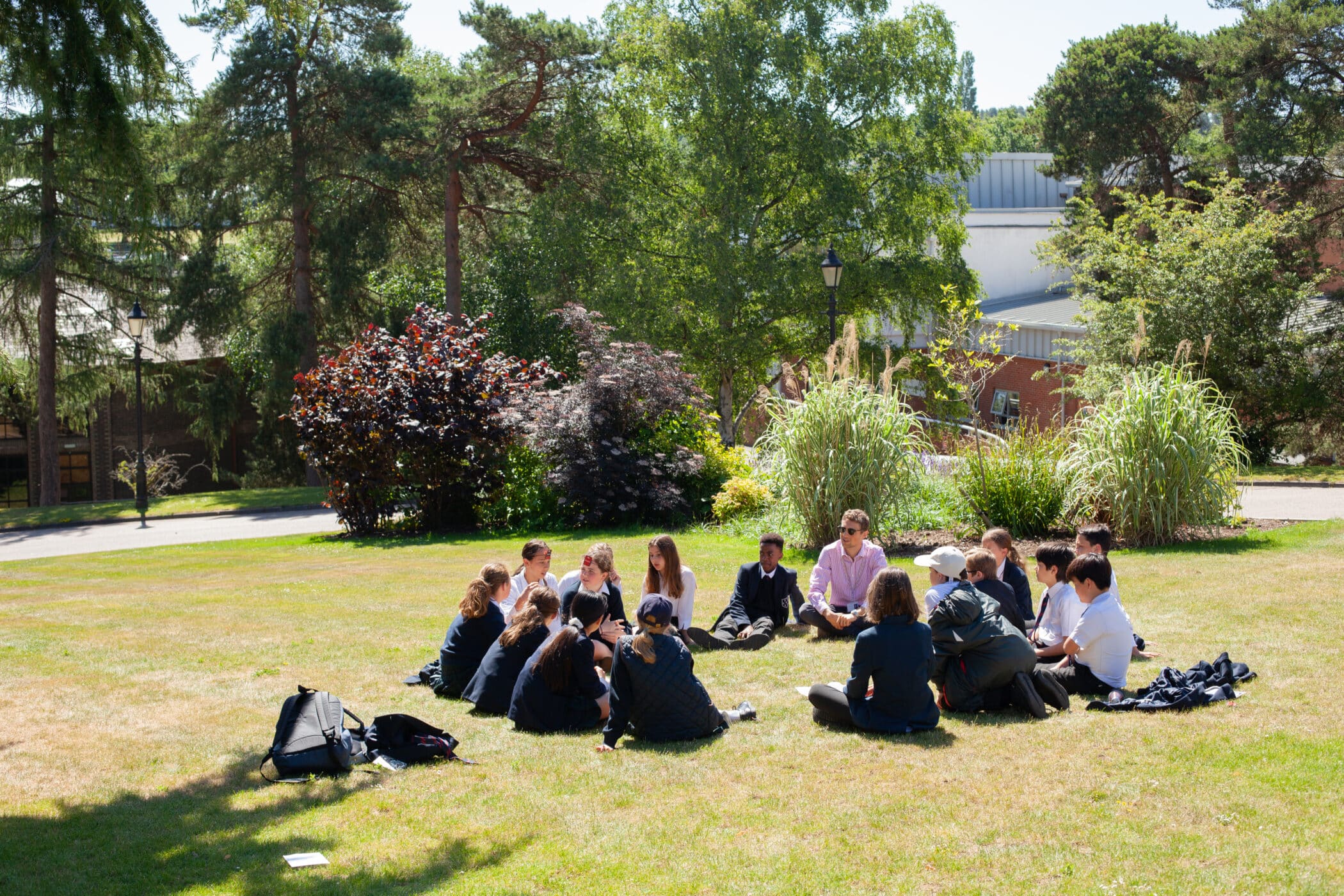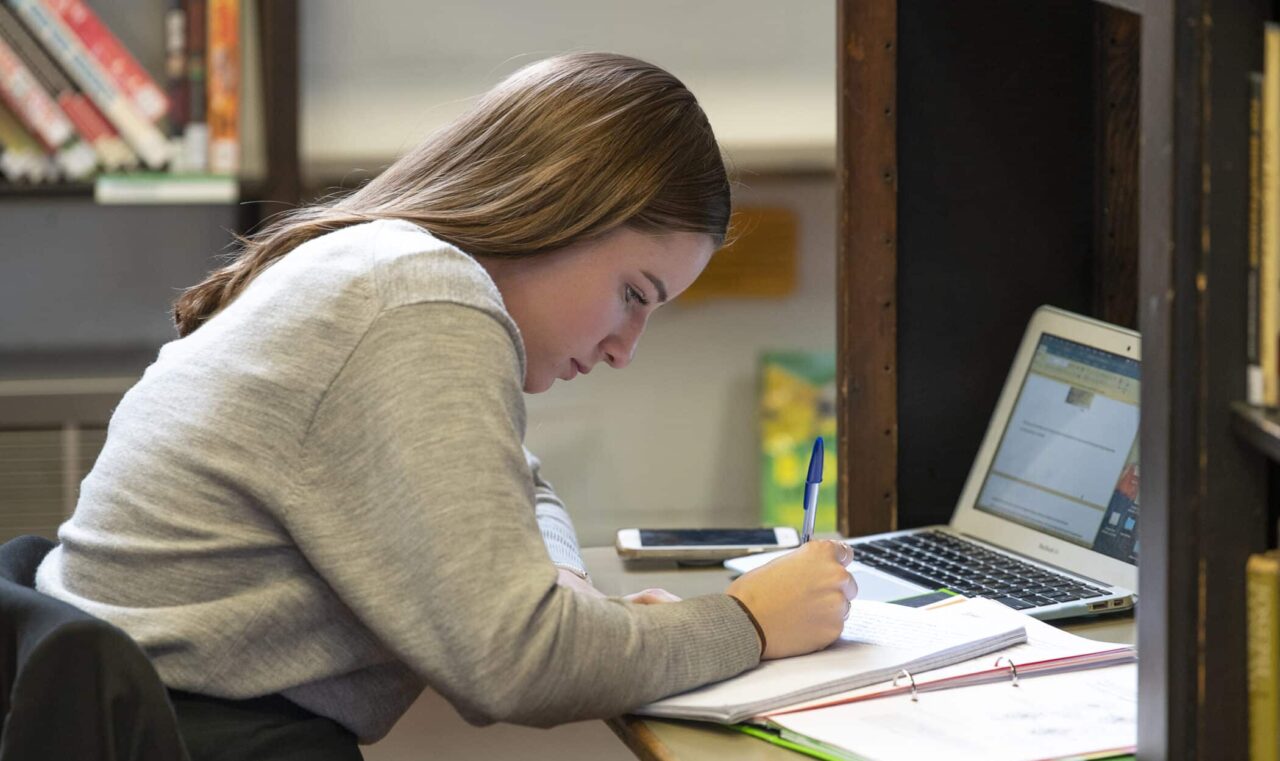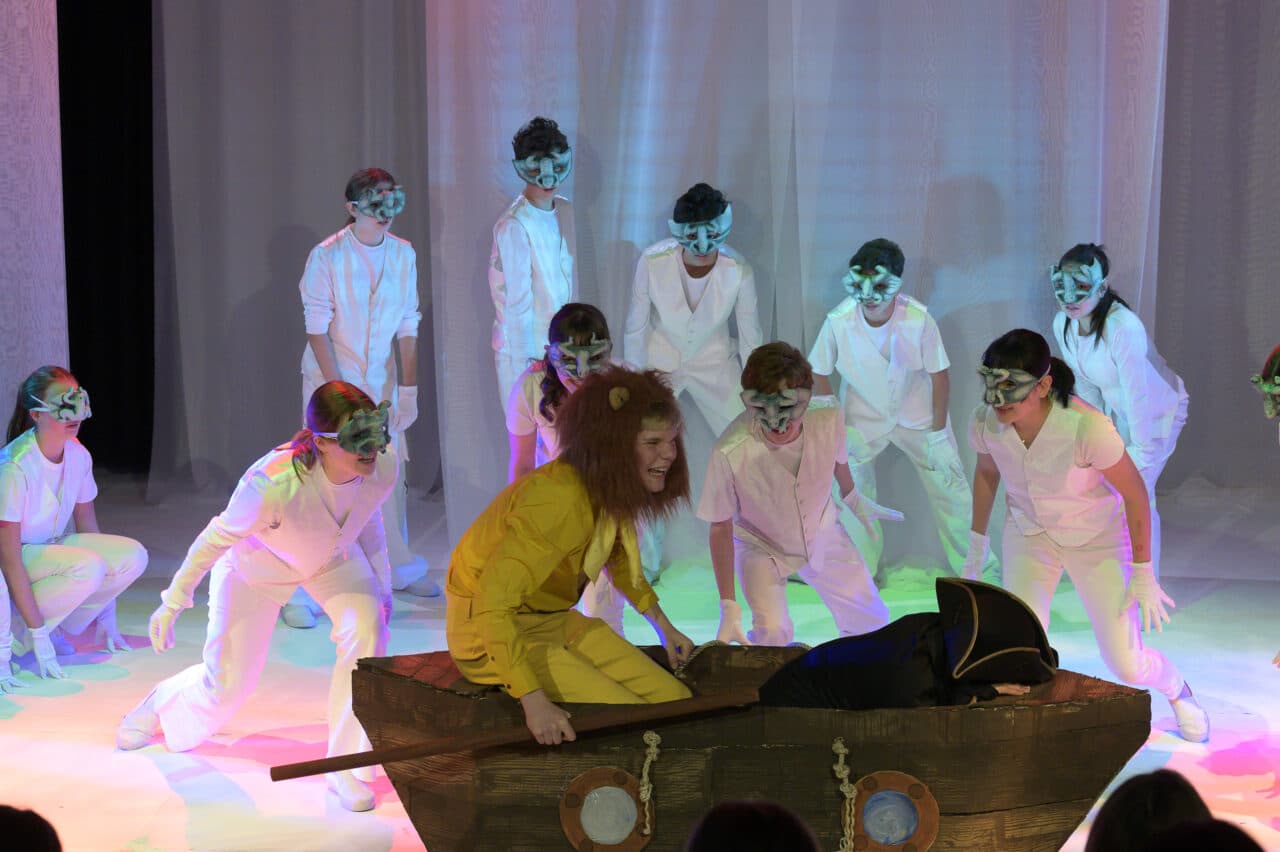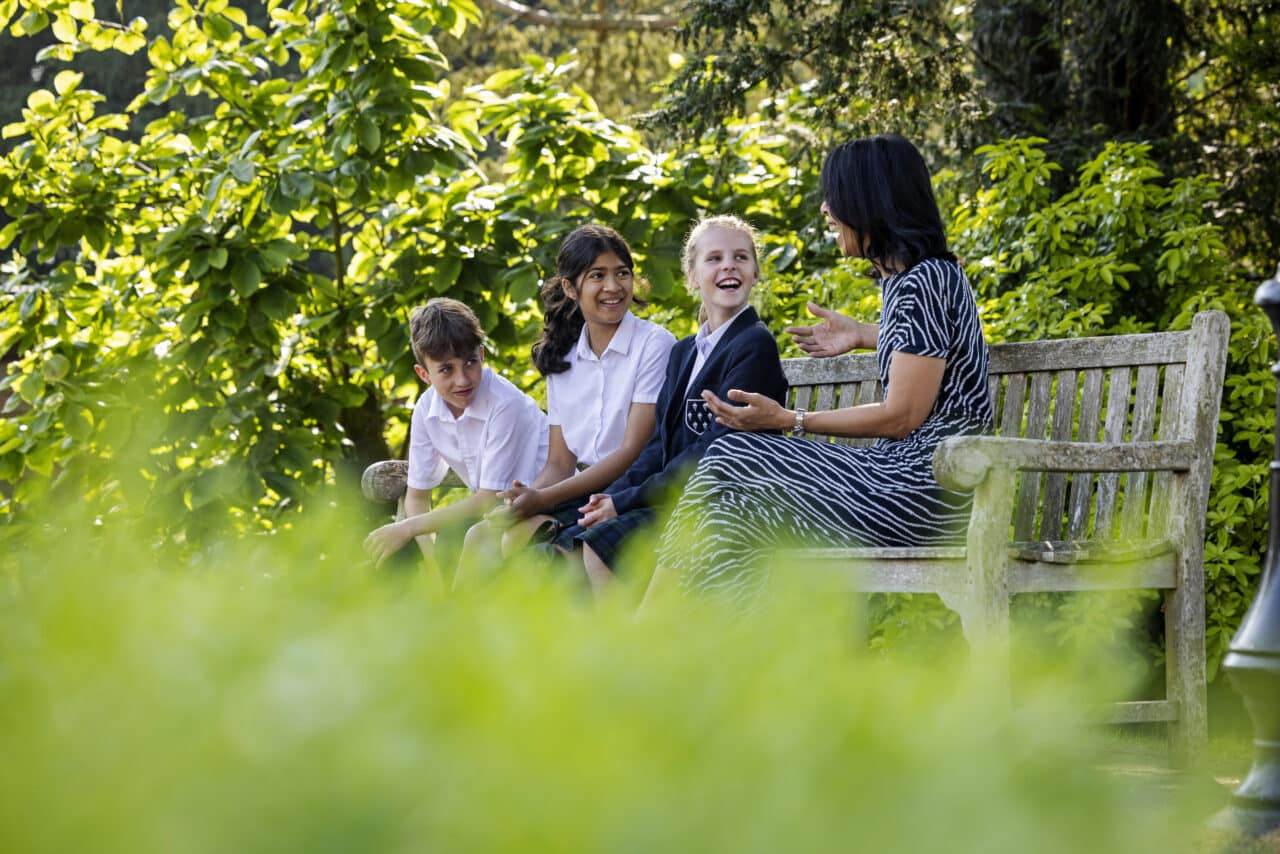Core Critical Thinking (CCT)
Our Critical Thinking courses are a vital and enriching aspect of our Lower and Middle School curriculum. These courses are designed to engage students with a range of real-world philosophical, cultural, social and political issues.
In doing so we hope to equip them with vital critical thinking skills and to give them an opportunity to engage in debates of central importance to contemporary society.

The Core Critical Thinking (CCT) courses are taken by all students in Years 7-11. The courses all share a commitment to learning for learning’s sake and cultivating key critical thinking skills.
We believe that the CCT courses have inherent value. Teaching students to think critically is becoming increasingly important in our contemporary context. Technology has fundamentally changed our behaviour and our ability to gain knowledge about the world, both for the better and worse. By teaching our students to think critically we can inspire them to question their own perspectives as well as the perspectives of others. Through this, students will learn to engage respectfully, and carefully, in important and nuanced contemporary debates about world issues.
Hear from our People
Over the five years we consider questions
such as:
Year 7
Year 8
Year 9
Year 10
Year 11
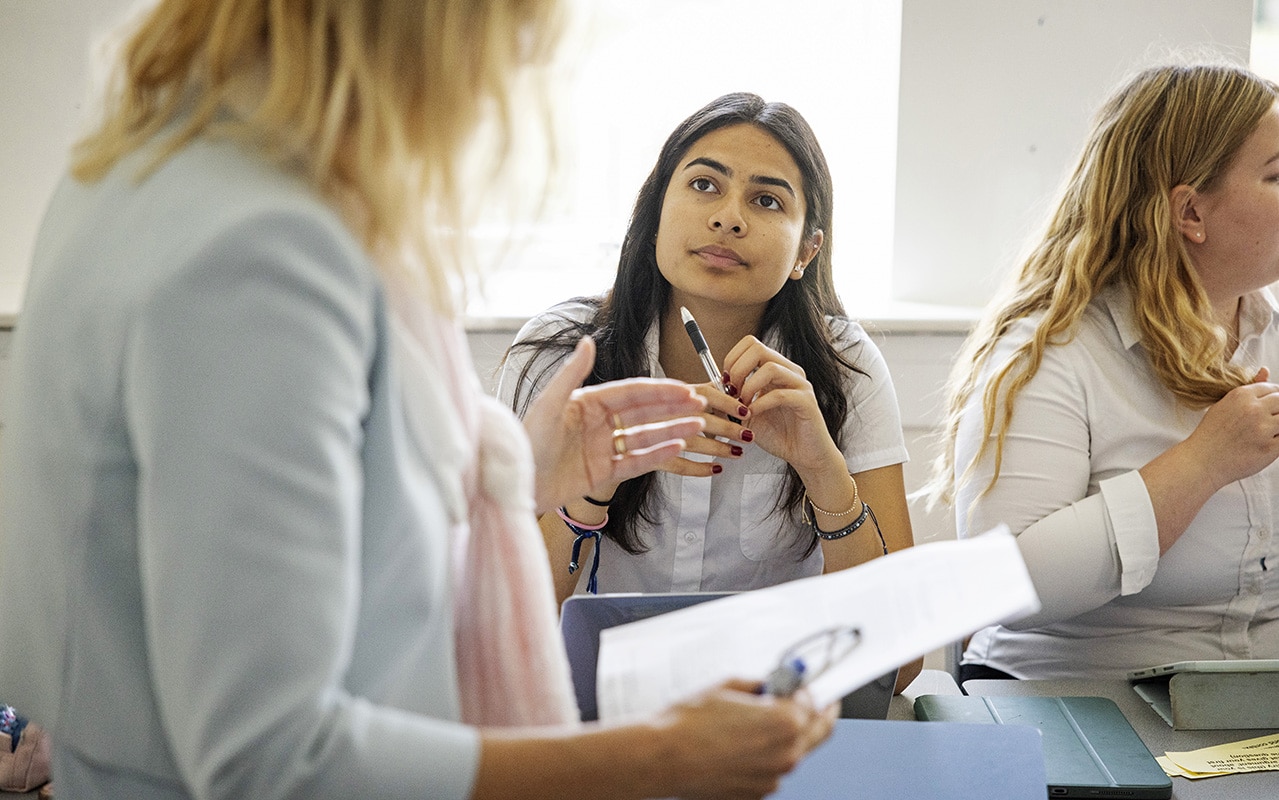
In posing questions such as these, we aim to create dynamic lessons which promote discussion and reflection. We take a multi-faceted approach, drawing on a variety of perspectives and disciplines.
Furthermore, by considering various interdisciplinary approaches to these problems, the courses help our students to deepen their understanding of the other subjects that they study in the Lower and Middle School, whilst also preparing them for the IB Theory of Knowledge course, a key component of the IB Diploma.
Thus, whatever the students choose to study at GCSE level, Sixth Form or beyond, we feel that the skills of questioning, listening and formulating arguments that we teach on this course will be essential.
